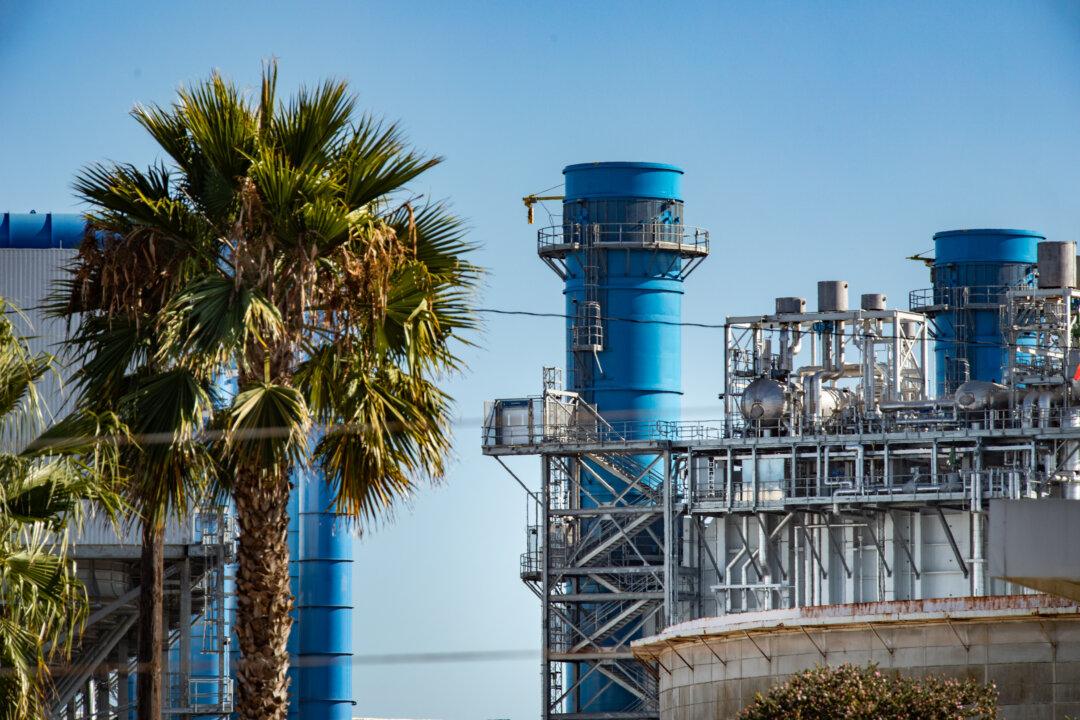Commentary
The most powerful political force in the state is not the governor’s office, the legislature, or the state Supreme Court, but the California Coastal Commission.

The most powerful political force in the state is not the governor’s office, the legislature, or the state Supreme Court, but the California Coastal Commission.